Exploring Natural Remedies for Managing Anxiety: 8 Herbs Backed by Research
Anxiety, a natural emotional response, is increasingly prevalent in our modern society, contributing to a rise in psychiatric disorders like anxiety, depression, and insomnia. Prolonged anxiety can take a toll on our physical and mental well-being, impacting both individuals and society as a whole. With concerns about the adverse effects of pharmaceutical medications and the risk of addiction, the demand for herbal remedies is growing. Herbal psychopharmacology, as a branch of herbal medicine, has gained prominence over the years. In this article, we'll explore eight powerful herbs supported by scientific research for managing anxiety.
1. Kava
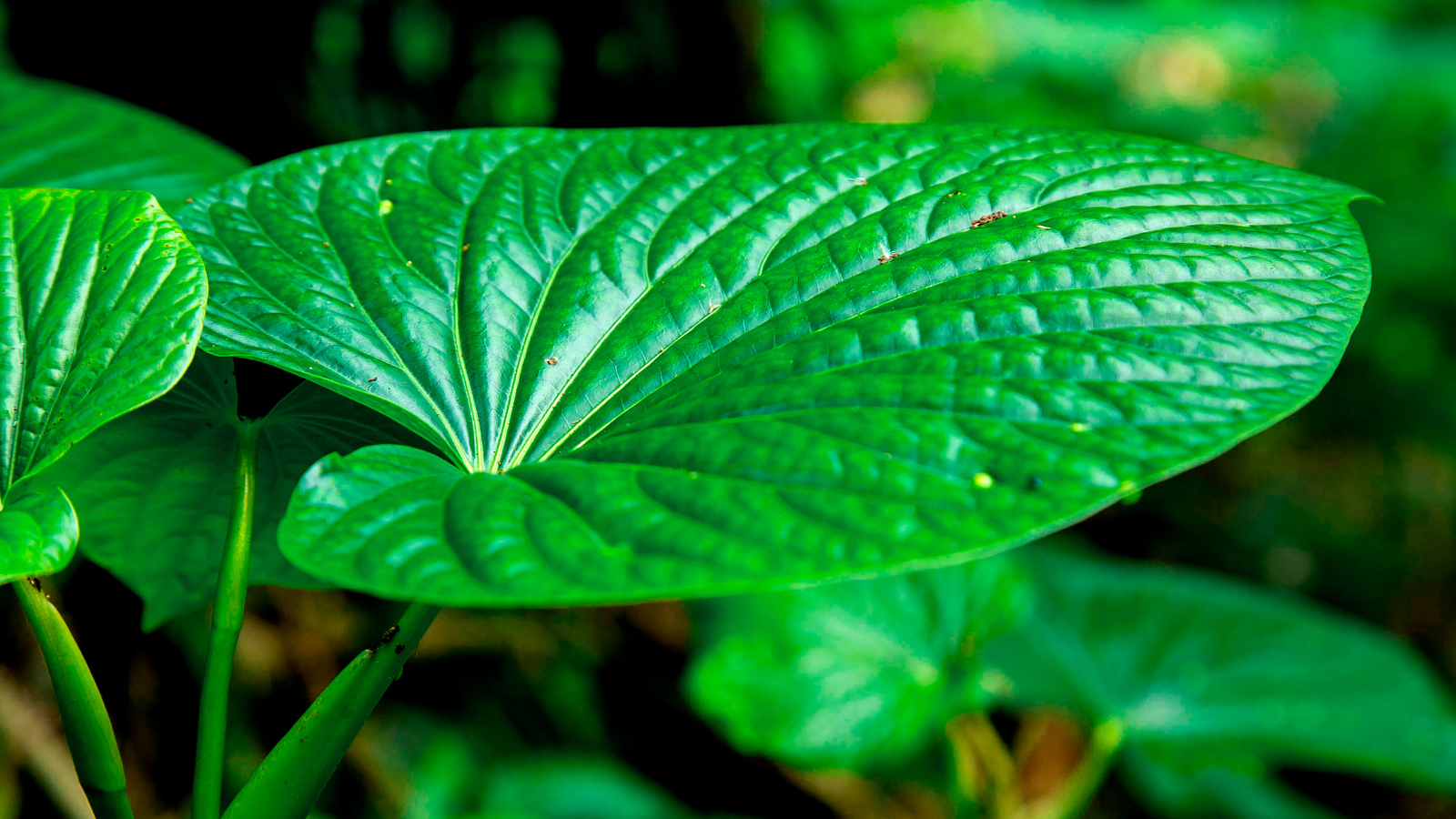
Kava, known for its potent anti-anxiety properties, has helped many individuals alleviate anxiety symptoms. The traditional use of Kava in Pacific Island cultures for its calming effects is well-documented. Kava's active compounds, called kavalactones, interact with the brain's GABA receptors, promoting relaxation and reducing anxiety. However, it's crucial to note that even short-term use of Kava has been associated with severe liver damage. Therefore, it's essential to consult a healthcare professional before considering Kava as an anxiety remedy.
2. Passionflower
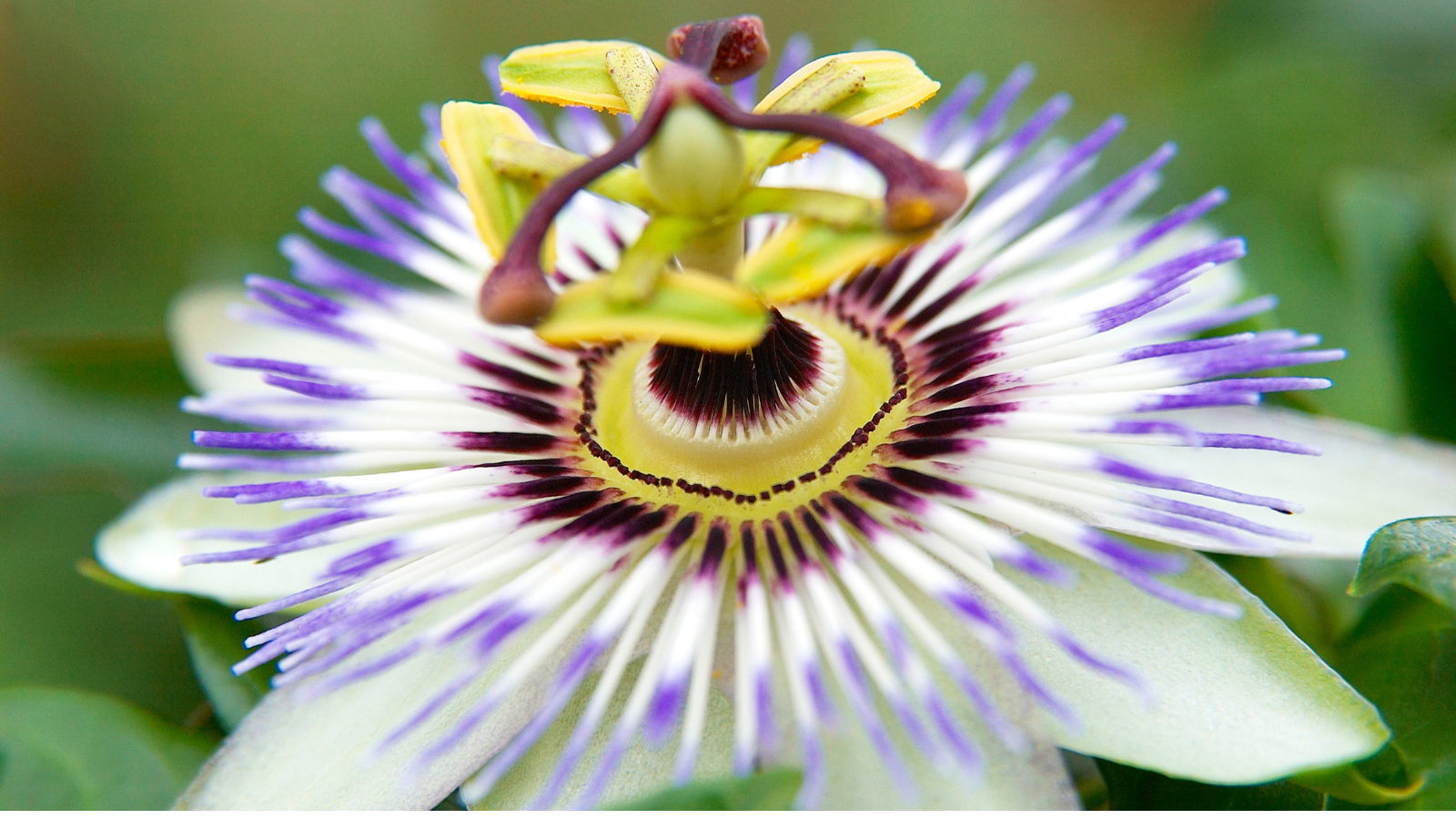
Historically, passionflower has been used in folk medicine to address anxiety. This beautiful flowering plant, native to the Americas, has a long history of use in calming nervousness and anxiety. Research has shown that passionflower may indeed help with anxiety when used alone or in combination with other herbs. Its effectiveness is attributed to the flavonoids and alkaloids found in the plant, which interact with the brain's receptors and produce a calming effect. While generally safe, it can sometimes lead to drowsiness, dizziness, and confusion.
3. Valerian
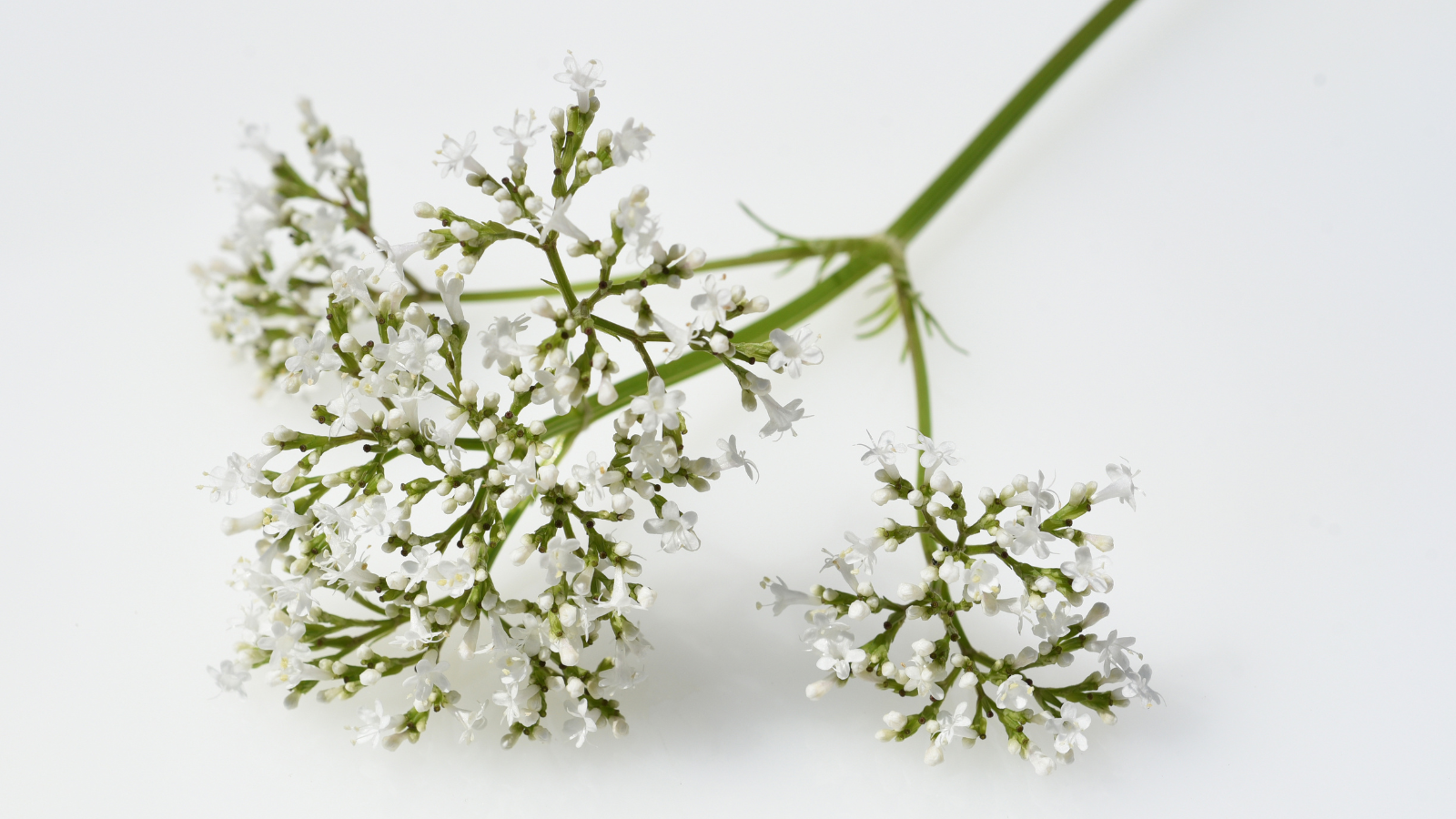
Valerian is a widely prescribed herbal medicine for anxiety and insomnia. This perennial herb, native to Europe and Asia, has been used for centuries to ease anxiety and improve sleep. Its anxiety-reducing properties are attributed to compounds like valerenic acid, which can have a sedative effect. Stress significantly reduces after valerian use, benefiting many patients. Valerian is safe under the guidance of a healthcare professional, although long-term use may require medical supervision due to potential side effects such as headaches, dizziness, and drowsiness.
4. Chamomile
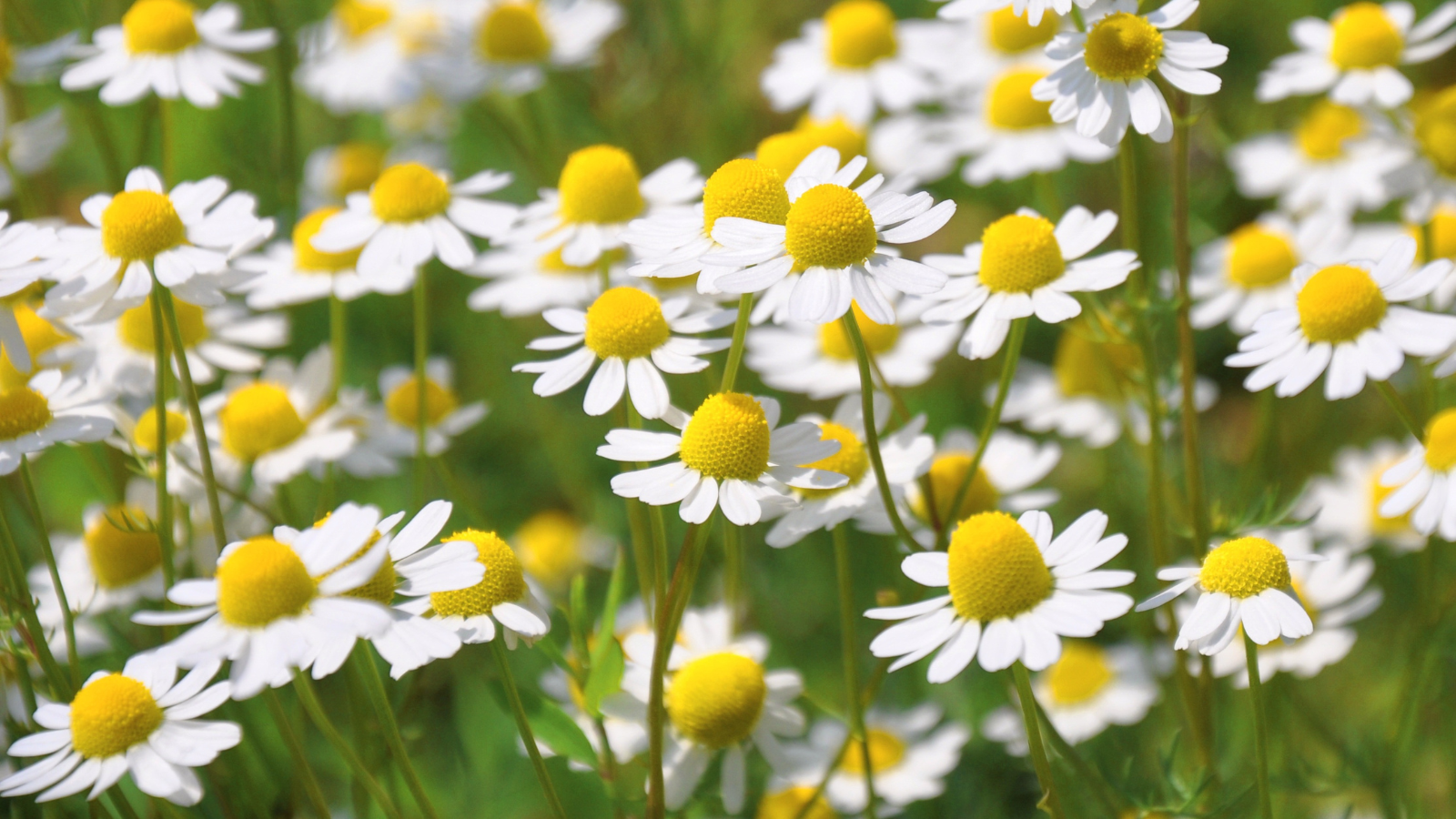
Chamomile is considered safe and effective in reducing anxiety symptoms when used in the short term. This daisy-like plant, known for its calming properties, has been used for centuries in herbal teas and natural remedies. It contains compounds like apigenin, which have a benzodiazepine-like effect, producing a sense of calm and relaxation. Chamomile can also provide relief from restlessness, insomnia, and other anxiety-related issues.
5. Lavender
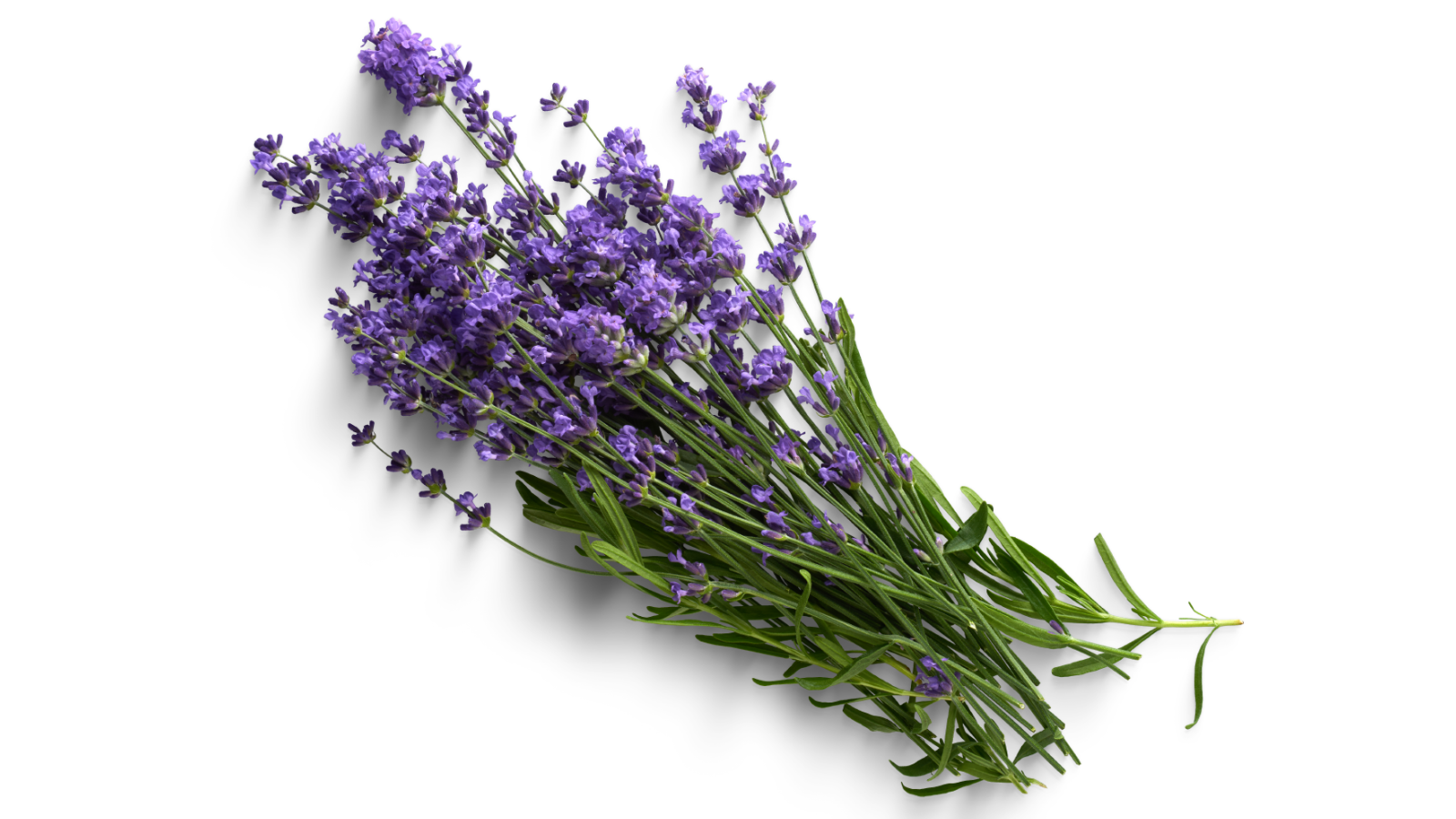
Lavender, a popular herb in aromatherapy, is used as an essential oil to combat anxiety and depression, promoting a restful sleep. The gentle fragrance of lavender is known to induce a sense of tranquility and relaxation. While generally safe, oral lavender can have side effects such as constipation, headaches, and restlessness in excessive doses. It's essential to use lavender products as directed and consult with a healthcare professional to avoid potential adverse effects.
6. Lemon Balm
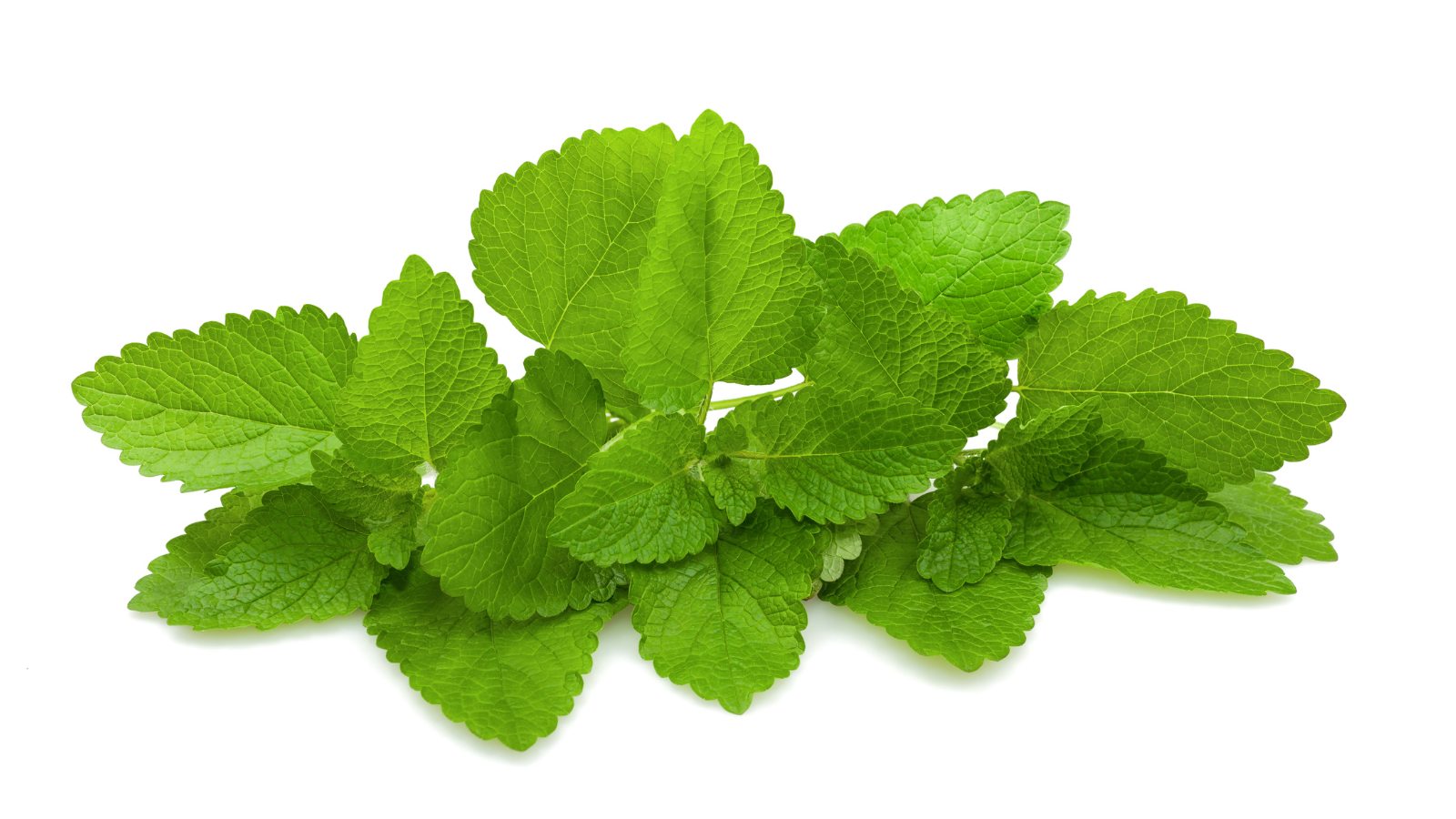
Lemon balm, also known as Melissa officinalis, is a short-term treatment for nervousness and excitability. It's a member of the mint family and has a pleasant lemony scent. Various studies have demonstrated its effectiveness against anxiety, with relatively few side effects, such as occasional nausea and abdominal pain. Lemon balm is known for its calming and mood-lifting properties, making it a popular choice for those seeking a natural remedy for anxiety.
7. Galphimia Glauca
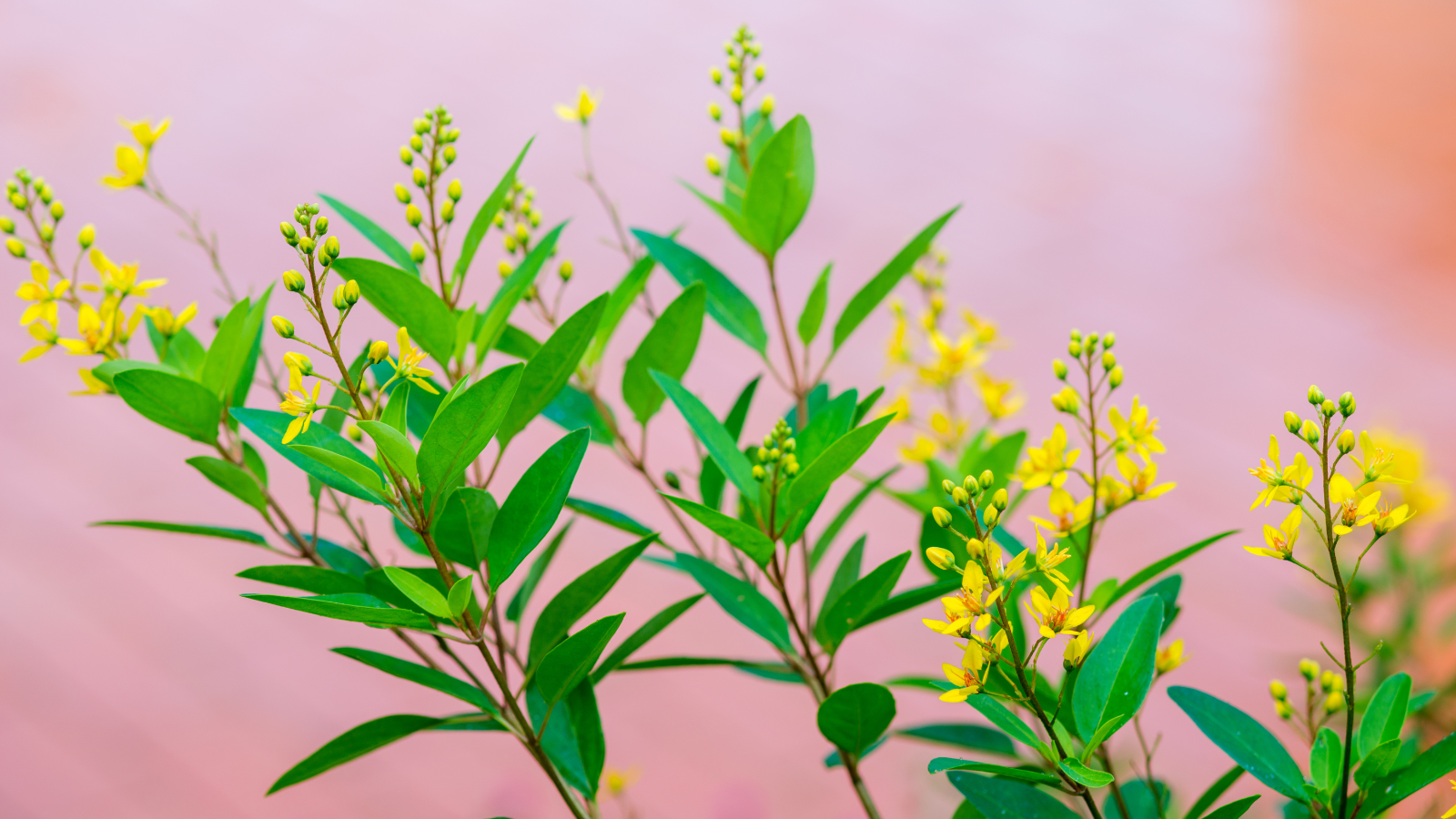
Used as a "nerve tranquilizer," Galphimia glauca has shown anxiolytic effects. A study conducted in 2007 found that patients using Galphimia glauca experienced reduced anxiety and depression, responding positively to treatment. This herb, native to Mexico, has a long history of traditional use for managing anxiety. Its mechanisms of action involve interactions with the brain's receptors, leading to a reduction in anxious feelings.
8. Astragalus
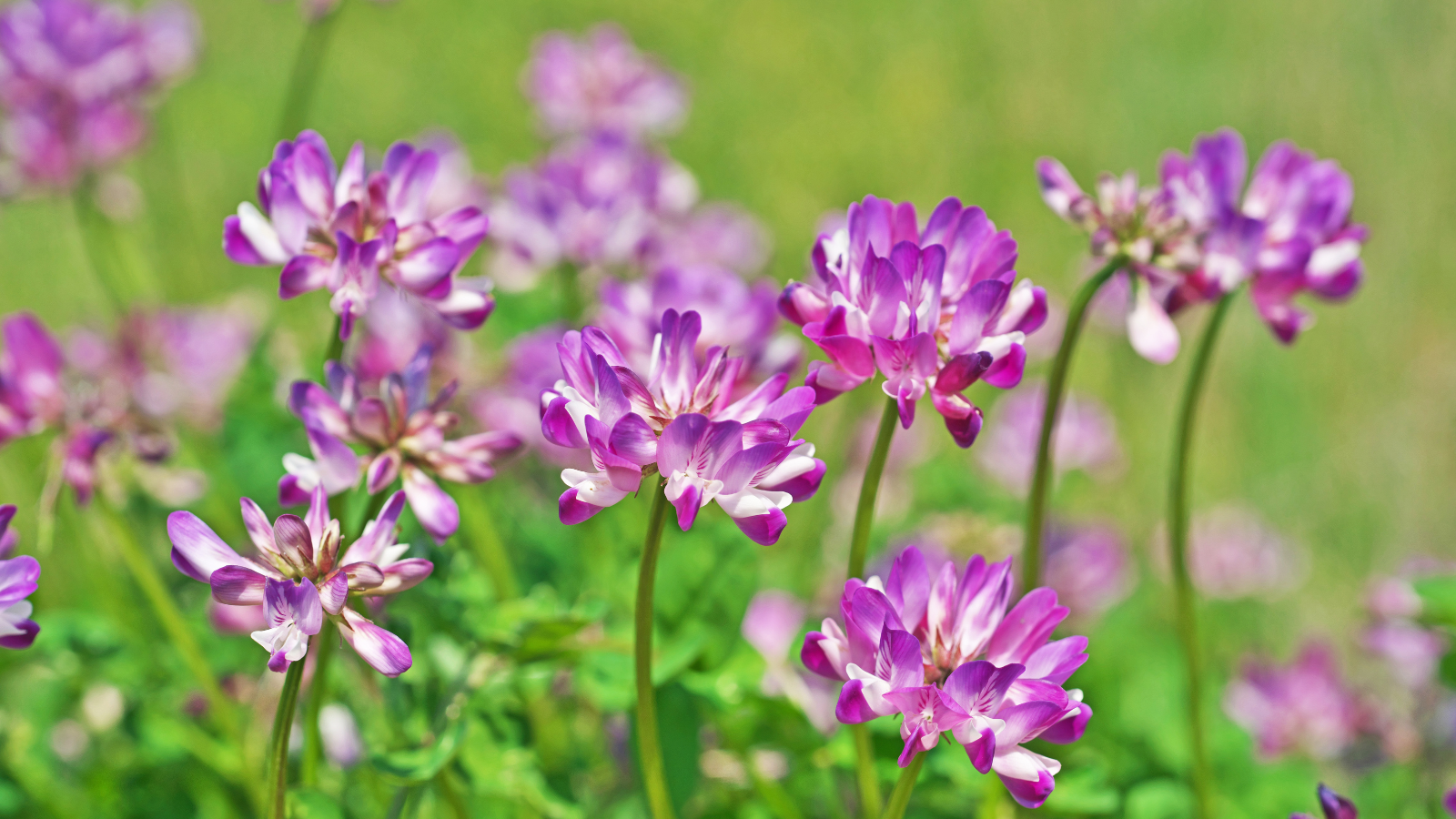
Astragalus, a traditional Chinese herb, has been employed to address stress-related ailments and enhance learning and memory. While no clinical trials have specifically studied its anti-anxiolytic effects, some research on stress management in hemodialysis patients yielded positive results. Astragalus is known for its adaptogenic properties, helping the body cope with stress and potentially reducing anxiety levels.
Throughout history, herbs have played a pivotal role in treating various ailments. Scientific research supports the efficacy of several herbs in alleviating anxiety symptoms. However, it's important to note that natural remedies may take some time to work and can have side effects similar to prescription medications. When considering herbal treatments for anxiety, it's essential to consult a healthcare professional to ensure their safety and suitability for your specific situation. Natural remedies provide a valuable option for managing anxiety, but a personalized approach guided by medical expertise is crucial to ensure the best outcomes.
Reference List
1. Weinberger DR. Anxiety at the frontier of molecular medicine. New England Journal of Medicine. 2001;344:1247-1249.
2. Sparreboom A, Cox MC, Acharya MR, Figg WD. Herbal remedies in the United States: potential adverse interactions with anticancer agents. Journal of Clinical Oncology. 2004;22:2489-2503.
3. Bruner NR, Anderson KG. Discriminative-stimulus and time-course effects of kava-kava (Piper methysticum) in rats. Pharmacology Biochemistry & Behavior. 2009;92:297-303.
4. Dhawan K, Kumar S, Sharma A. Comparative anxiolytic activity profile of various preparations of Passiflora incarnata Linneaus: a comment on medicinal plants’ standardization. The Journal of Alternative & Complementary Medicine. 2002;8:283-291.
5. Donath F, Quispe S, Diefenbach K, Maurer A, Fietze I, Roots I. Critical evaluation of the effect of valerian extract on sleep structure and sleep quality. Pharmacopsychiatry. 2000;33:47-53.
6. Keefe JR, Mao JJ, Soeller I, Li QS, Amsterdam JD. Short-term open-label chamomile (Matricaria chamomilla L.) therapy of moderate to severe generalized anxiety disorder. Phytomedicine. 2016;23(14):1699-1705.
7. Donelli D, Antonelli M, Bellinazzi C, Gensini GF, Firenzuoli F. Effects of lavender on anxiety: A systematic review and meta-analysis. Phytomedicine. 2019;65:153099.
8. Scholey A, Gibbs A, Neale C, Perry N, Ossoukhova A, Bilog V, et al. Anti-stress effects of lemon balm-containing foods. Nutrients. 2014;6(11):4805-4821.
9. Herrera-Arellano A, Jimenez-Ferrer E, Zamilpa A, Morales-Valdez M, García-Valencia CE, Tortoriello J.



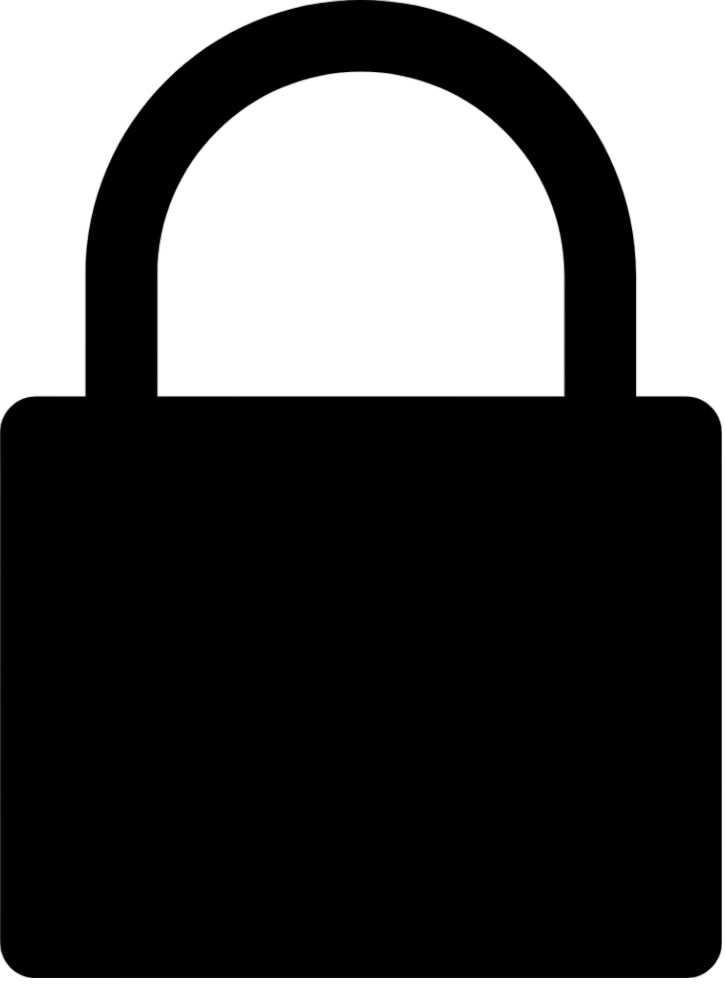
Submit your email and confirm subscription to receive the download link, along with more e-books and helpful tips.
Don't worry, you can unsubscribe at any time
We Value Your Privacy And Your Information Is Never Shared
This site is not a part of the Facebook website or Facebook Inc. Additionally, this site is NOT endorsed by Facebook in any way. FACEBOOK is a trademark of FACEBOOK, Inc.
